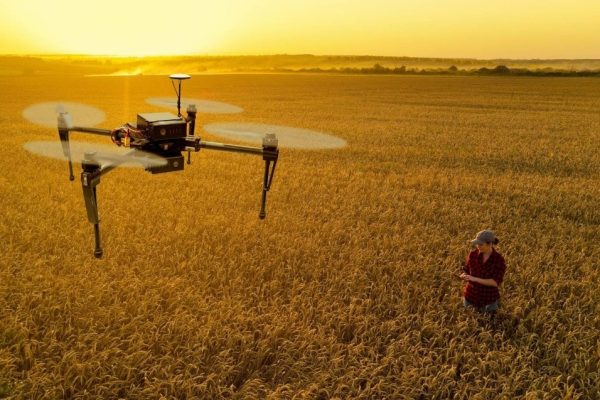Climate change poses a growing threat to food security, with potato production being highly vulnerable to rising temperatures, erratic rainfall, and increased pest and disease pressure. To sustain yields and improve resilience, farmers require access to climate-smart technologies — with resilient potato varieties playing a central role.
Potatoes are sensitive to both abiotic and biotic stresses. Climate change has intensified outbreaks of late blight, bacterial wilt, and viral diseases, while also expanding the range of insect pests. Conventional varieties often succumb to these challenges, leading to severe yield losses. Resilient potato varieties, bred with tolerance or resistance to pests and diseases, offer a sustainable solution by reducing dependency on chemical inputs, lowering production costs, and safeguarding yields even under climate stress.

With climate change, farmers should adopt resilient potato varieties that will enable them reduce crop losses from pests and diseases, lower chemical costs through reduced pesticide and fungicide use, improve yields and income stability, even under erratic weather conditions, promote environmental sustainability by reducing chemical runoff and greenhouse gas emissions and enhance food security by ensuring consistent potato supply across seasons.
Why Climate-Smart Potato Systems
Resilient varieties are most effective when combined with Climate Smart Agriculture (CSA) practices such as crop rotation, integrated pest management (IPM), use of certified seed, soil fertility management, and efficient irrigation systems. Through partnerships among breeders, extension officers, seed producers, and farmer groups, Kenya can scale up the adoption of these varieties to strengthen resilience in the potato value chain.
Conclusion
To overcome the impacts of climate change in potato production, a multi-pronged approach, and resilient varieties resistant to pests and diseases are at the heart of this solution. With varieties such as Sherekea, Unica, Wanjiku and others, farmers have an opportunity to protect yields, cut costs, and secure livelihoods. By investing in these innovations and coupling them with good agronomic practices, Kenya can achieve sustainable and climate-resilient potato production for the future.




